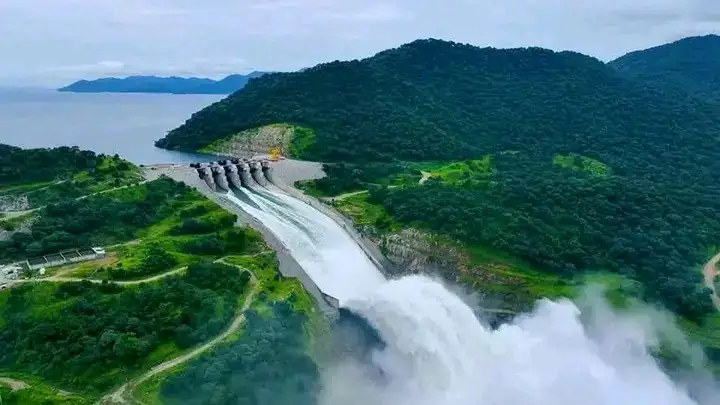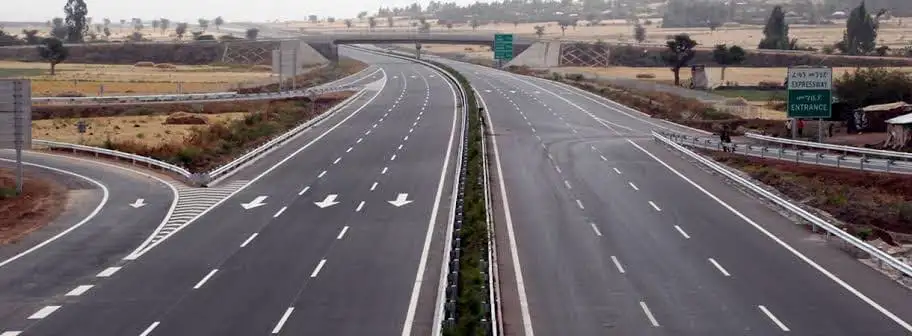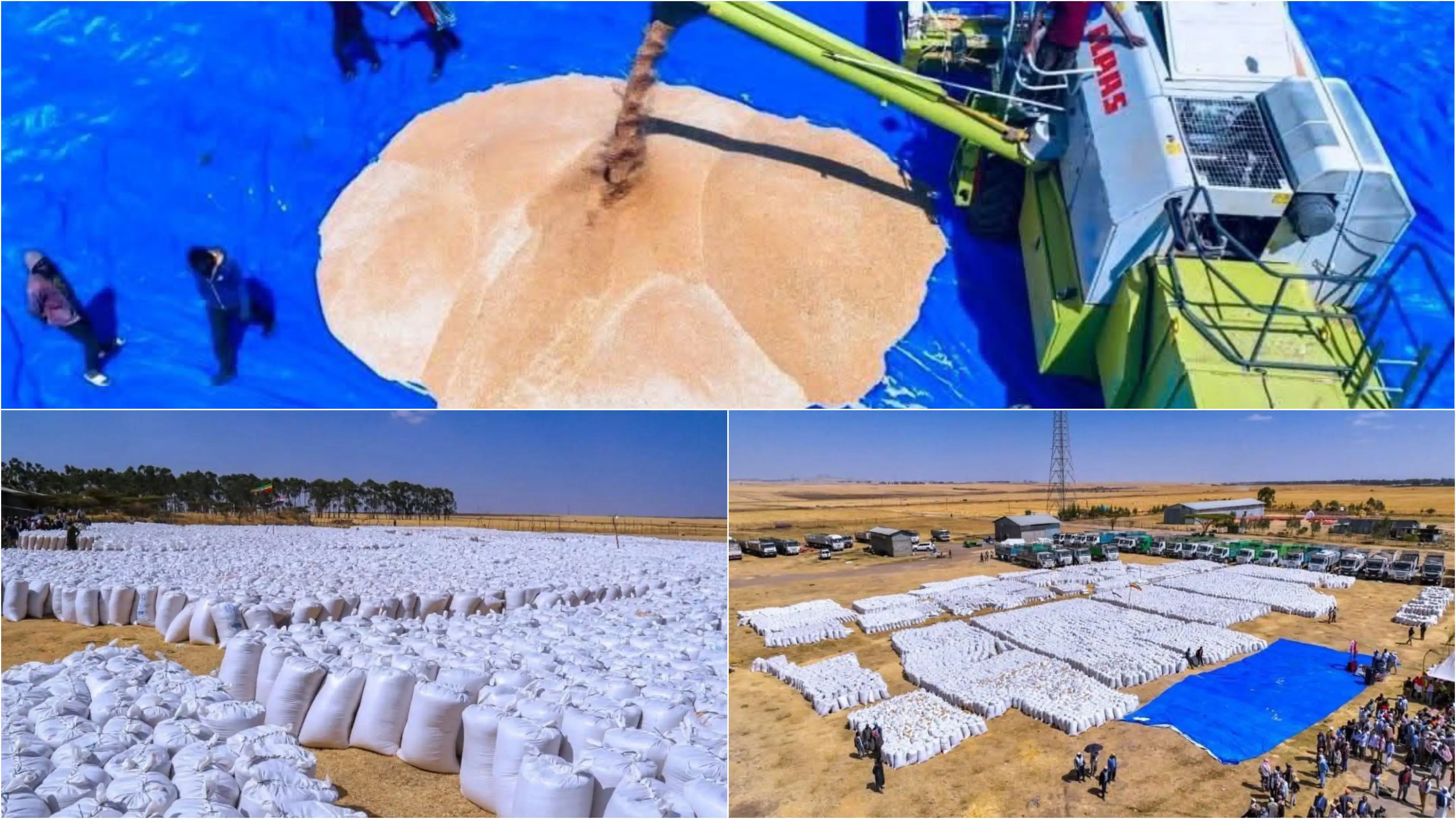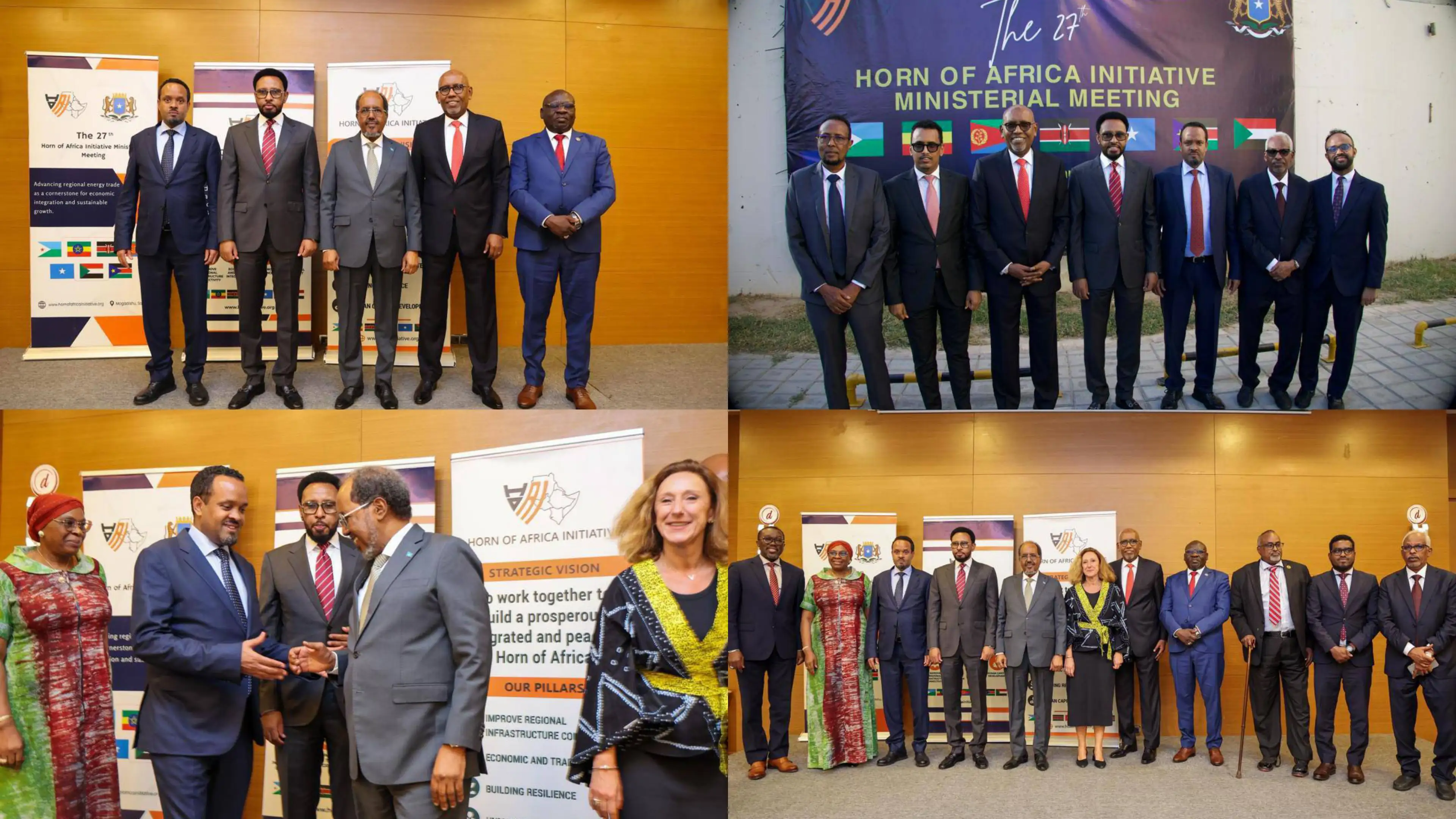By: Sintayehu Tamirat
Ethiopia denounces recent ungrounded claims by Egyptian government institutions against the Grand Ethiopian Renaissance Dam (GERD).
A press statement issued Saturday by the Ethiopian Ministry of water and Energy reads, “When it comes to the Grand Ethiopian Renaissance Dam (GERD) and the River Abay, falsehoods have become the central element of the public statements issued by Egyptian government institutions.”
The falsehood machination to its latest has been manifested with a lengthy statement from the Egyptian Ministry of Water Resources and Irrigation which was “riddled with contradictions and misrepresentations,” the statement said.
The Ethiopian ministry indicated that Egyptian ministry’s statement’s “malicious and numerous baseless claims could be refuted by anyone willing to undertake the most cursory assessment of the matter.”
Getting the facts is as such simple that it can be understood from comparison between the historical data of the flow of the Blue Nile before the construction of the GERD and the data of the currently regulated outflow clearly shows where the truth lies, the Ethiopian ministry added.
“The flow of data for 93 consecutive years recorded at Sudan indicate that there have been times when peak flood could surge to more than 800 million m3/day in the months of August and more than 750 million m3/day in the months of September before the construction of the GERD. In contrast, the average daily release from GERD in the months of August and September 2025 was 154.7 million m3/day and 472 million m3/day. The numbers speak for themselves.”
The Ethiopian statement reassures that the GERD has reduced the average peak flood magnitude and significantly minimized the damage it used to cause. “The regulated flow of water from the Blue Nile, the GERD, safeguards the life and properties of communities in the lower riparian countries by regulating the catastrophic flood that was the norm during the peak rainy season in upper riparian countries. Without the GERD, the heavy rain that occurred over the past few months in the Ethiopian highlands could have induced historical destruction to human life and infrastructures in Sudan and Egypt.”
The statement went on saying “Lower riparian countries that are enjoying a regulated flow throughout the year are beneficiaries of the construction of the GERD,” downplaying the fundamentally illogical claim by the Egyptian ministry.
Rejecting Egyptian ministry’s patronizing tone and presumption that it is entitled to speak for some of its neighbors, the Ethiopian ministry recognized the Sudanese authority for issuing the right statements on the flooding in Sudan.
“As statements by the Sudanese Ministry of Agriculture and Irrigation indicate, the cause of the flood, which has been observed in Sudan, is mainly due to an increase in the flow of water from the White Nile, which is a tributary of the Nile that does not have anything to do with Ethiopia. The Sudanese Ministry’s statement also indicated that the increased flow can be attributed to shifting rainfall patterns linked to climate change,” it said.
The statement from the Sudanese authorities have also noted that the damage caused to Sudanese infrastructure during the conflict has contributed to the situation, according to the Ethiopian ministry.
“Ignoring these facts, the Egyptian side has tried to apportion blame to Ethiopia. Such pernicious and mendacious statements, intended to mislead the international community and create a false narrative of victimhood, will not deter Ethiopia from pursuing its legitimate developmental objectives.”
The Ethiopian ministry further mentioned in Saturday’s statement that Ethiopia, as a responsible state, has established the necessary framework for the exchange of information and cooperation with neighboring Sudan. “Using this mechanism, Ethiopia will continue to work closely with the relevant Sudanese authorities and experts to ensure that the GERD will continue to be a blessing to Sudan by mitigating the devastating level of flood that would have been caused in Khartoum had it not been for the GERD.”
The construction of GERD, according to Ethiopia, has minimized flood downstream. “With the increasing volume of rain in the Ethiopian highlands, it has become ever more evident that if the GERD had not been constructed, the flood levels in Sudan would have been catastrophic.”
Since Ethiopia is a country with a long experience of constructing and operating hydroelectric dams and it will continue to uphold the highest level of professional standards in the management of its dams, including the GERD, the statement added.
“Ethiopia categorically rejects the false accusations and defamatory statements of Egyptian authorities. It is time that Egyptian authorities give up their delusions of hydro-hegemony in the Nile Basin and learn to adapt to the new reality where basin-wide cooperation for shared prosperity is the norm.”
The Statement from Ethiopian Ministry of Water and Energy concludes slamming colonial thinking. “The fact remains that the newly inaugurated GERD is the pride of Ethiopia, the countries of the Nile River Basin, and is celebrated across Africa and countries supporting development in Africa. Africa’s rise will not be curtailed by the peddlers of the so-called “historic rights,” which is a vestige of colonial thinking. It is time that Egyptian authorities give up their nostalgia for this bygone era.”
While Egypt constructed and is operating its hydrodams without any prior agreement with or notification to Ethiopia, it has been accusing Ethiopia’s GERD project as a unilateral action. However, the Declaration of Principles Agreement (DoP) signed in 2015 by the three states is the ground for Egypt not call GERD project and operation as a unilateral project or action.




